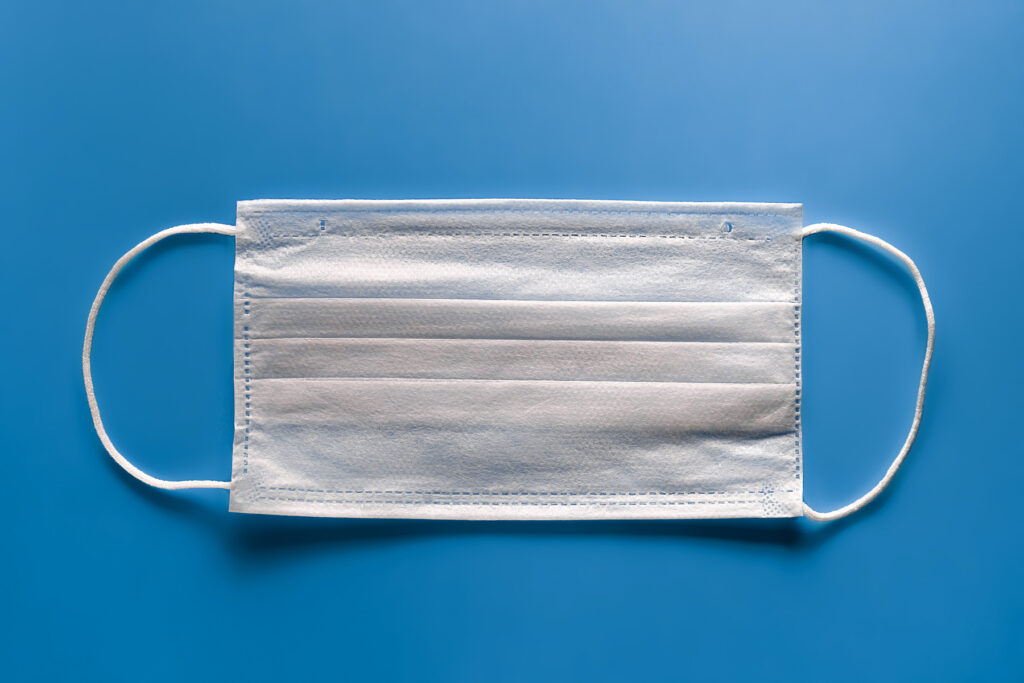
To my patients,
The purpose of this message is to offer my own perspective and advice on all matters related to the COVID-19 illness.
This is a difficult job. The challenge here is the result of several factors, snafus really, including but not limited to the following:
1. The virus is new. There is a tremendous amount that we don’t know about it.
2. The current published recommendations, even those promulgated by the United States Centers for Disease Control, have tremendous internal inconsistencies (understandably).
3. It is difficult to tease apart those responses and recommendations which are necessary and reasonable, from those which are exaggerated and sensational.
4. There is an inherent conflict between advising an individual, and making large-scale public recommendations. For example, “You should stock up on Purell” is a why-not for any one person, but impossible for the public because there isn’t enough for all to stockpile.
Now, with those challenges and limitations stated, I will try my best to offer guidance and advice.
First, and probably most important, is that all of us do our share in preventing the spread of infection. These measures are probably obvious, but are nonetheless worth restating. Cough into your arm, not your hands. Wash your hands after you return home, and after contact with others. If you are sick, stay home. Avoid international travel, especially to very high risk areas.
Unfortunately, that’s as far as the obvious and easily implemented interventions go. The rest is more tricky.
I recommend that you use only one source of information and recommendations. That is the CDC website. I would just about ignore sensational news, laypeople on Facebook, your friends at the coffee shop, and every other source outside the CDC. The CDC, though clearly not perfect, is objective, and is motivated only to protect the health of the people of the United States. The CDC Coronavirus page is found here.
The remainder of this guide is in the format of FAQ’s:
Should I travel?
Everyone should avoid elective international travel. Everyone should avoid all travel to high risk areas. Those at high risk (over 65 or with significant chronic medical illness) can consider avoiding domestic travel. For the rest (average risk, domestic travel) there is no reason to cancel travel plans.
Should I stockpile my medicines?
Those at high risk (over 65 or with significant chronic medical conditions) should have a one month supply of all essential medicines on hand.
How deadly is the Coronavirus?
The very simply calculated case-fatality ratio as of now is about 3%. There are two things to know about this: 1) This is likely overstated. The denominator is too low. As testing becomes more widespread, that number should go down. 2) For healthy people under 65, the risk of death is very, very significantly lower than that.
Should we be frightened?
No. We’ve done this before. There have always been scores of infections in the world which are extremely contagious and kill lots of people. Influenza, tuberculosis, cholera, typhoid fever, SARS, . . .just to name a few. This one is just going to join the list. So instead of a hundred of them, we have a hundred and one. For me, personally, my fear is rather the potential socioeconomic repercussions of the new illness, whether justified or exaggerated.
What should I do if I think I am sick with Coronavirus?
Call. Do not come into the office. Emergency rooms and hospitals are equipped with the necessary isolation and infection control equipment. Doctors’ offices are not.
We need to be responsible, but not irrational.
Off to the airport for my domestic flight,
Dr. Van Dam